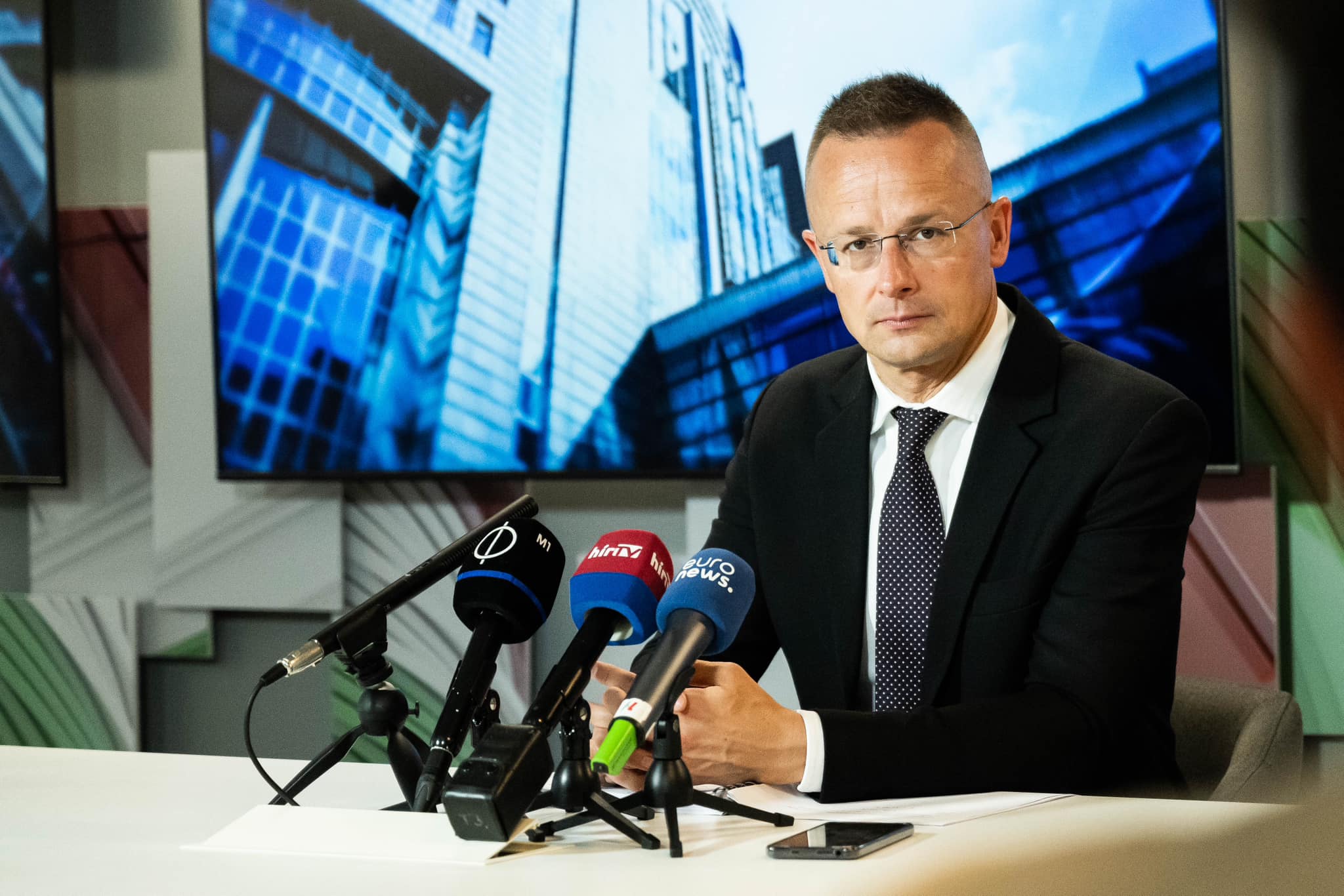European Peace Facility (EPF) must retain its global character and not serve exclusively to support the war of Ukraine.Continue reading

There is enormous pressure over arms deliveries to Ukraine and new sanctions, but the government will not give up its commitment to peace and its national interests, Minister of Foreign Affairs and Trade Péter Szijjártó underlined in Brussels on Monday.
Speaking at a press conference on the sidelines of a meeting of the EU Foreign Affairs Council, the minister said that the view that Ukraine is fighting for Europe or on behalf of Europe is still widespread. “We believe that this is not our war, we are not responsible for its outbreak, but we are paying the price of this war (…) We continue to call for an end to the war and the start of peace talks,” he emphasized.
Péter Szijjártó underscored that there was also enormous pressure for the next €500 million tranche of the European Peace Facility and for the eleventh package of sanctions against Russia to be approved.
Despite the pressure, we will not give up our commitment to peace, we will not give up the protection of the Hungarian community in Transcarpathia, we will not give up the representation of the national interest,”
he stressed.
The foreign minister pointed out that 5.7 billion euros from the European Peace Facility had already been used to finance arms transfers to Ukraine, and although Hungary believes that this poses an escalation threat, the government has so far not prevented the payments.
However, this time Hungary made it clear that it would oppose the new tranche until Ukraine removed leading Hungarian bank OTP, which does not violate any international law, from the list of international sponsors of the war.
He also highlighted two dangerous elements of the draft new sanctions package, one being that they would make it even more difficult for European companies to export business outside Russia, leading to a loss of competitiveness. “And equally, we consider it dangerous, unreasonable, and contrary to the European interest that the European Union wants to introduce restrictive measures against eight Chinese companies in this package of sanctions,” he pointed out.
In this context, the minister explained that the sanctions against Chinese companies would have a serious impact on relations.
We think that if Europe comes into conflict with China, that if Europe wants to compete with China, Europe will only lose out,” he stated, adding that instead, cooperation based on mutual respect and mutual benefits is needed.
Speaking about the disenfranchisement of the Hungarian community in Transcarpathia, Szijjártó stressed that Hungary can only contribute to the progress of Ukraine’s accession negotiations if Kiev restores the rights previously enjoyed by the national community. He also said that he had heard back from a participant that the Ukrainian leadership claims that the Venice Commission has already approved the minority law, and while the body has not yet adopted its position on the matter, it could take place in June.
Featured photo via Facebook/Péter Szijjártó